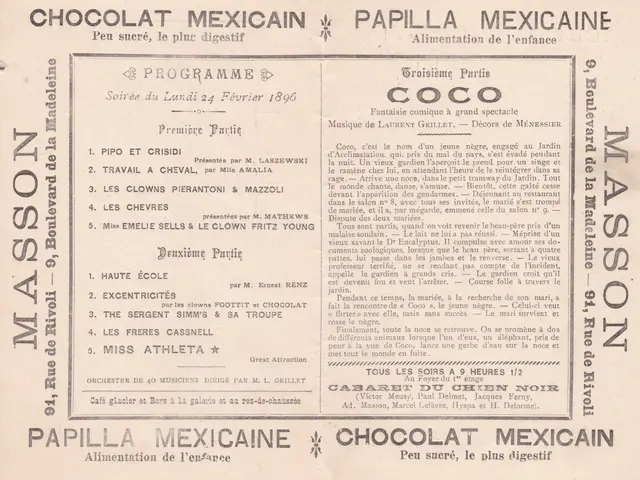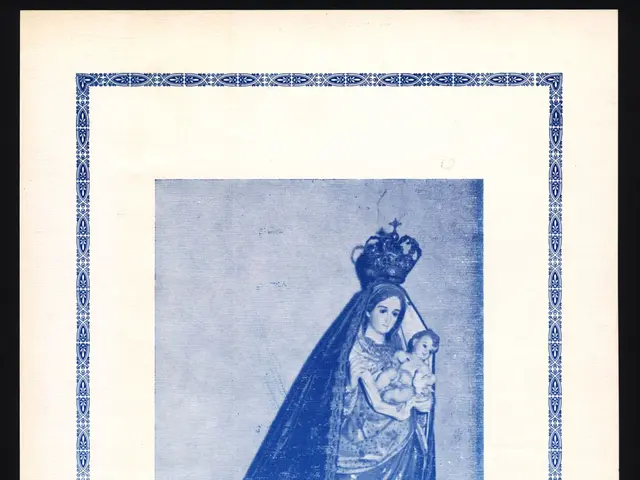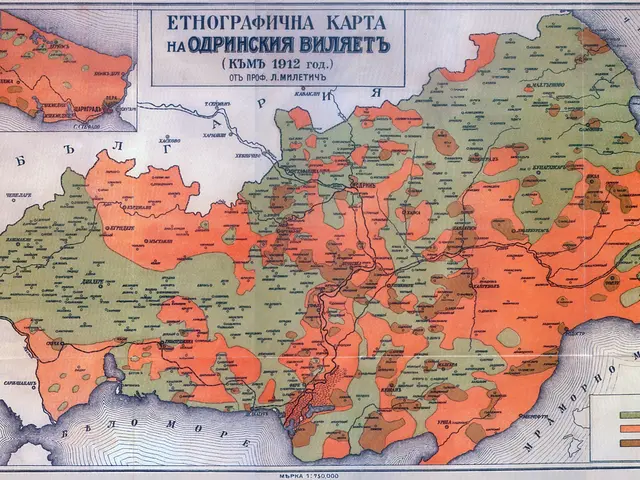Exploring Realms Unexplored: VI: The Hidden Realm Stands as an Underappreciated Masterpiece
The sixth Star Trek film, "Star Trek VI: The Undiscovered Country," has long been overshadowed by its celebrated predecessors, "Star Trek II: The Wrath of Khan" and "Star Trek IV: The Voyage Home," despite offering a compelling narrative and thematic depth worthy of their ilk. This evaluation examines various aspects of the film, exploring why it may have been less appreciated and why it deserves equal praise.
"The Undiscovered Country" deviates from the action-packed and humorous dwelling of its predecessors, instead focusing on political intrigue and complex themes, which, unlike the external adventures, may have been less relatable to wider audiences and thus less popular. The film's narrative is centered around the Federation's relations with the Klingon Empire, turning a potential disaster into a catalyst for diplomacy, creating a layer of political intrigue that complements the sci-fi foundation.
One of the highlights of the film is the performance of Captain Hikaru Sulu, who finally assumes the role of captain in the film, proving to be a courageous, loyal, and charismatic leader. From maneuvering the Praxis shockwave to assisting Captain James T. Kirk, his actions demonstrating resilience, leadership, and the ability to make even the simplest commands memorable.
Characters in the film also face the challenge of overcoming prejudices. Captain Kirk, in particular, must confront his hatred towards the Klingons, eventually questioning how history could move past people like him. He gradually understands that peace requires sacrifice and, despite initial distrust, acts in the name of diplomacy, escorting Chancellor Gorkon's ship and later advocating for peace rather than instigating war.
The courtroom scene is another unique aspect of the film, showcasing the Empire's judicial system, complete with a trial, evidence, defense counselor, and a sentencing that prioritizes fairness despite its grueling nature. The event deepens our understanding of Klingon society and serves as a compelling contrast to Federation courts.
Finally, the film's narrative is rich in quotable dialogue, containing both thought-provoking phrases and clever witticisms. Examples include Gorkon jokingly asserting, "You've not experienced Shakespeare until you have read him in the original Klingon" and Chang chillingly remarking, "In space, all warriors are cold warriors."
Despite its less pronounced popular appeal, "Star Trek VI: The Undiscovered Country" exhibits a nuanced approach to storytelling, delving into political intrigue, character development, and subtle themes that make it a classic within the Star Trek universe. Its rich narrative and thoughtful dialogue have contributed to its growing recognition as an underrated gem deserving of equal praise alongside "The Wrath of Khan" and "The Voyage Home."
"The Undiscovered Country," deviating from the action-packaged and humorous predecessors, presents an intricate narrative focused on political intrigue and complex themes, which, despite being less relatable, adds a layer of depth that complements the sci-fi foundation of Star Trek movies and TV.
One of the film's shining moments is Captain Hikaru Sulu's performance, as he assumes the role of captain, demonstrating courage, loyalty, and charisma, making even the simplest commands memorable.
As characters in the film face challenges, a notable instance is Captain Kirk's journey to overcome his prejudice towards the Klingons, questioning the need for sacrifice to ensure peace. This theme of overcoming prejudices and advocating for diplomacy resonates deeply within the movies-and-tv and entertainment genre, particularly in the realm of space-and-astronomy.







